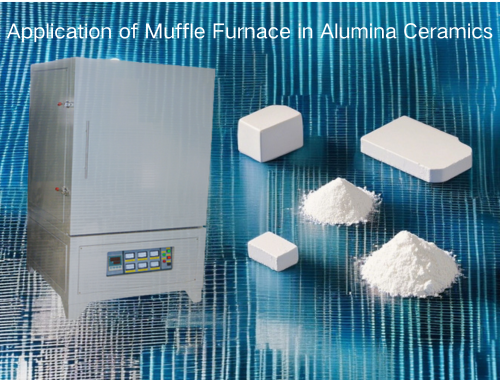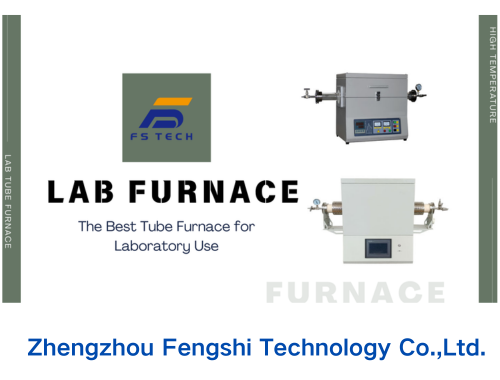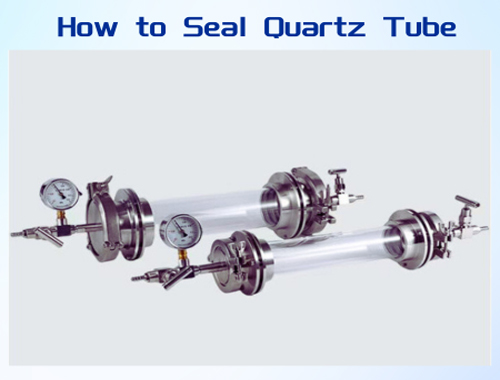The polymers have gradually replaced other materials in scientific research and industrial manufacture on account of their superior characteristics and wider application fields. During the polymer research and development process, there comes a critical question that relates to the role of a electric lab furnace as one of the most important experimental equipment used to facilitate this process. This article presents the comprehensive aspects of polymer lab electric furnace in polymerization, characterization, and utilization.
Polymer Synthesis
The process of polymerization is achieved via chemical reactions, which transform the respective monomers into subsequent chains of high-molecular weight polymers. Electric furnaces offer such a temperature control, so polymerization is maintained and promoted by this process. Whether it is free radical polymerization, condensation polymerization, or step-growth polymerization, specific temperatures are required to embark upon the smooth processing of the reaction and the continuation of the evolution of the polymer chains.
Thermal Analysis
The lab furnace febricator is the main stage for the thermal analysis of polymers. Within the thermal analysis procedure, the researchers can directly explore particular characteristics and stability of materials, including polymers. Here are the most common thermal analysis methods:
1. Differential Scanning Calorimetry (DSC): Combining DSC with the furnace for laboratory enables the detection of reversible endothermic and exothermic transitions, thus obtaining the melting point and glass transition temperature, crystallization behavior, and thermal stability of polymers.
2. Thermogravimetric Analysis (TGA): Analyzing the thermal stability of polymers by TGA, which detects mass loss of polyethylene during the linear temperature controlled by lab muffle furnace , helps study thermal stability and decomposition of polymers.
3. Thermal Mechanical Analysis (TMA): A laboratory muffle furnace with controlled sample temperature controls measures the polymer's dimensional changes during heating or cooling (TMA), and then the coefficients of thermal expansion and softening point or elastic modulus.
Post-processing and Annealing
Once the polymerization process is done, post-processing is frequently done for the purpose of performance improvement. The process of heating and cooling polymer mats is carried out in high temperature laboratory furnace under strictly uniform conditions when their residual moisture, internal stress, crystallinity or shape is being removed. For instance, the processing conditions can be controlled by the high temperature lab furnace with precise temperature and time; thus, it can be applied to annealing treatments to get rid of the stresses and imperfections produced during the processing.
Polymer Aging and Stability Studies
One action that can be taken to fit the polymeric materials into fitness is aging and performance degradation through a long-service period. Thermal aging studies, held in the laboratory conditions, can mimic polymer materials under different environmental conditions; and performed accelerated aging tests have their results used to assess long-term stability and lifetime of polymers. This is especially vital in vitreous sector, namely the automotive, aerospace, electronics and construction applications.
Conclusion
Lab furnaces are undoubtedly the key phase of research where new polymers and materials are being invented. They not only maintain the temperature being vital for polymer synthesis but also provide a key role in the thermal, post-processing, annealing, and aging studies of the polymers. Polymer science technology keeps advancing rapidly, which has also caused the designing and function of laboratory electric furnaces raising the height of research standards. In particular, accurately controlled and advanced thermal items will continue to enjoy strong molecular and polymer support through precise temperature control and advanced thermal analysis techniques.









